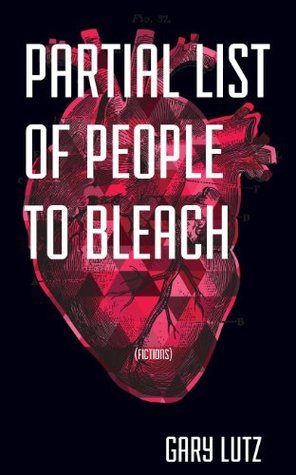What do you think?
Rate this book


116 pages, Paperback
First published January 1, 2007


"...as someone now yearning to become a writer, I knew exactly what I wanted to try to write: narratives of steep verbal topography, narratives in which the sentence is a complete, portable solitude, a minute immediacy of consummated language — the sort of sentence that, even when liberated from its receiving context, impresses itself upon the eye and the ear as a totality, an omnitude, unto itself."